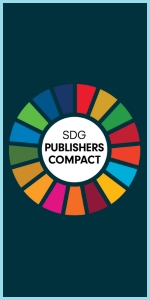
The deep-sea shrimp, Physetocaris microphthalma Chace, 1940, remains a phylogenetic mystery for carcinologists due to the rarity in nature and peculiar morphology. Phylogenetic analyses on new collections from the Gulf of Mexico and Pacific provide definitive evidence that this species is nested within the family Pandalidae (superfamily Pandaloidea) and current assignments as a monotypic species within the family Physeteocarididae and superfamily Physetocaridoidea are not valid. This study provides an updated classification for the Infraorder Caridea and suggests the need for further revisions within the extremely diverse Pandalidae.








